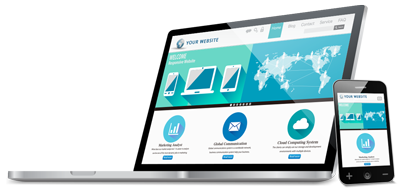
In a static Web website, the data is shown in a similar organization as they are put away in the worker. Such data is coded in HTML (and the location finishes in .htm). A large portion of the Web locales are static as they present pre-characterized, static data, in the sense, the pages recovered by various clients at various occasions continue as before. In most places, affordable web designs are required. To roll out an improvement to the substance, the records should be physically opened, information changed and the new form ought to transfer the Web. Dynamic Web website pages recover new data each time you see (like the most recent news you see or different games you play on the Web).
How one recovers assessment at MPBOU site may refer to for instance

The Examination Results’ can be portrayed as powerfully constructed because it supplies diverse data (marks) to various understudies when the competitors search by entering their enlist numbers. The data, indeed, doesn’t come from HTML pages yet from data sets (which might be refreshed moment by moment, day, or week). Another model natural to everything is the seat accessibility’ office on the Indian Railways Web website. The data on seat accessibility is probably going to change each second on new reservations or dropping of reservations. Here, the information in the railroad reservation data set is refreshed progressively and the site/program recovers the most recent status as a reaction to your hunt. Thus, the data is called dynamic. Also, on occasion, the unique Web locales are called information-driven Web destinations. To put it plainly, dynamic Web destinations are the ones that recover new data for every person and on each review. The location of the site regularly finishes in .asp (Microsoft Active Server Pages) or .cfm (Cold Fusion). Dynamic Web locales are utilized progressively for e-business and business purposes.
There are numerous kinds of Web destinations, each obliging a specific kind of substance or use
Distinguishing and ordering every one of them may seem discretionary. Consequently, scarcely any illustrative yet not comprehensive cases are given underneath: 1) Blog (Web Log): website by and large used to post online journals which may incorporate conversation gatherings, 2) Forum: a site where individuals examine different themes, 3) Mirror Site: a total propagation of a Web webpage, 4) Social Networking Site: where clients could speak with one another and share media, like pictures, recordings, music, sites, and so forth with different clients. These may incorporate games and Web applications, 5) Wiki Site: which clients cooperatively alter (like Wikipedia and Wikihow), 6) Web Portal: that gives a beginning stage or a door to different assets on the Internet or an intranet, 7) Search Engine Site: a site that gives general data and is proposed as a door or query for different destinations like Google, Yahoo, Bing search motors, 8) School Site: where instructors, understudies, or overseers can post data about recent developments at or including their school, 9) Community Site: a site where people with comparable interests speak with one another, for the most part by talk or message sheets, like Myspace or Facebook, and 10) Corporate Web Site: used to give foundation data about a business, association, or administration.
